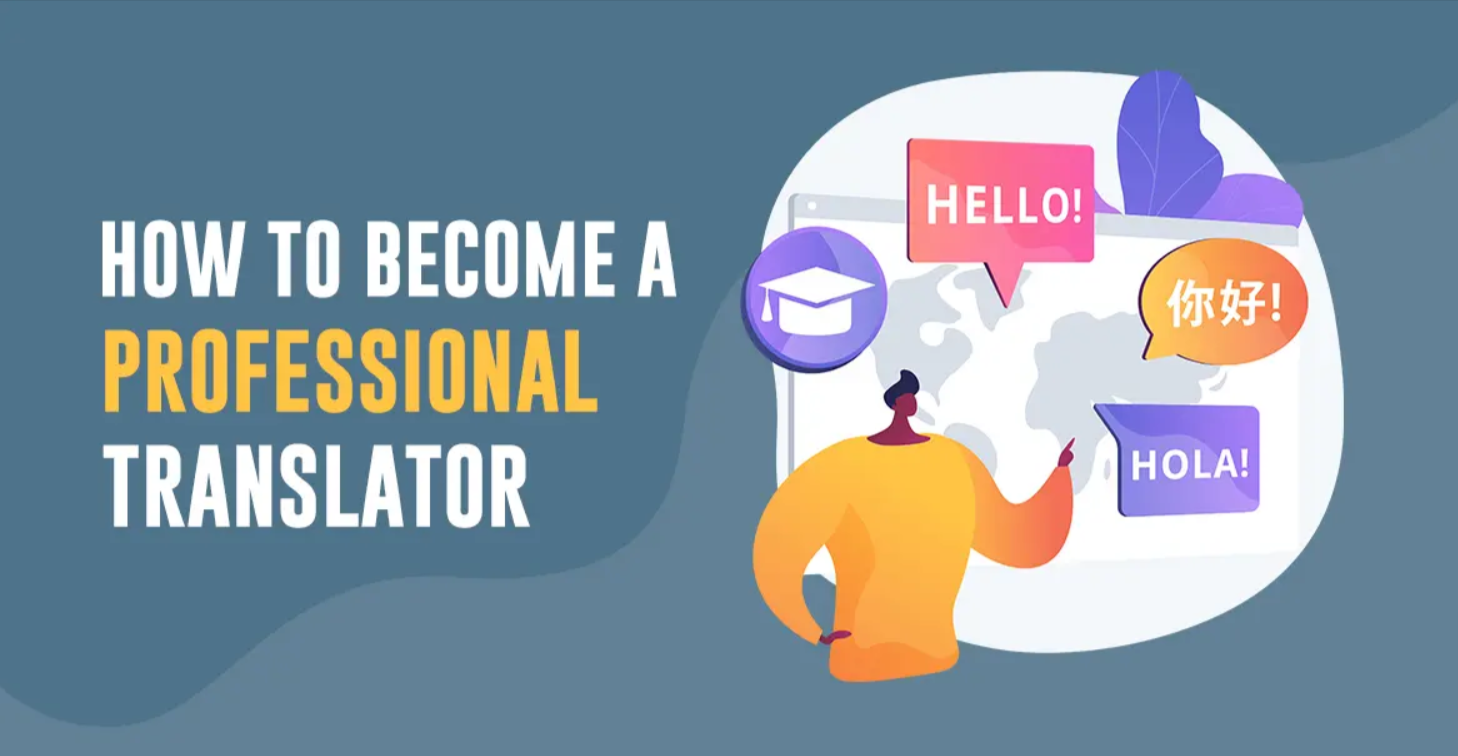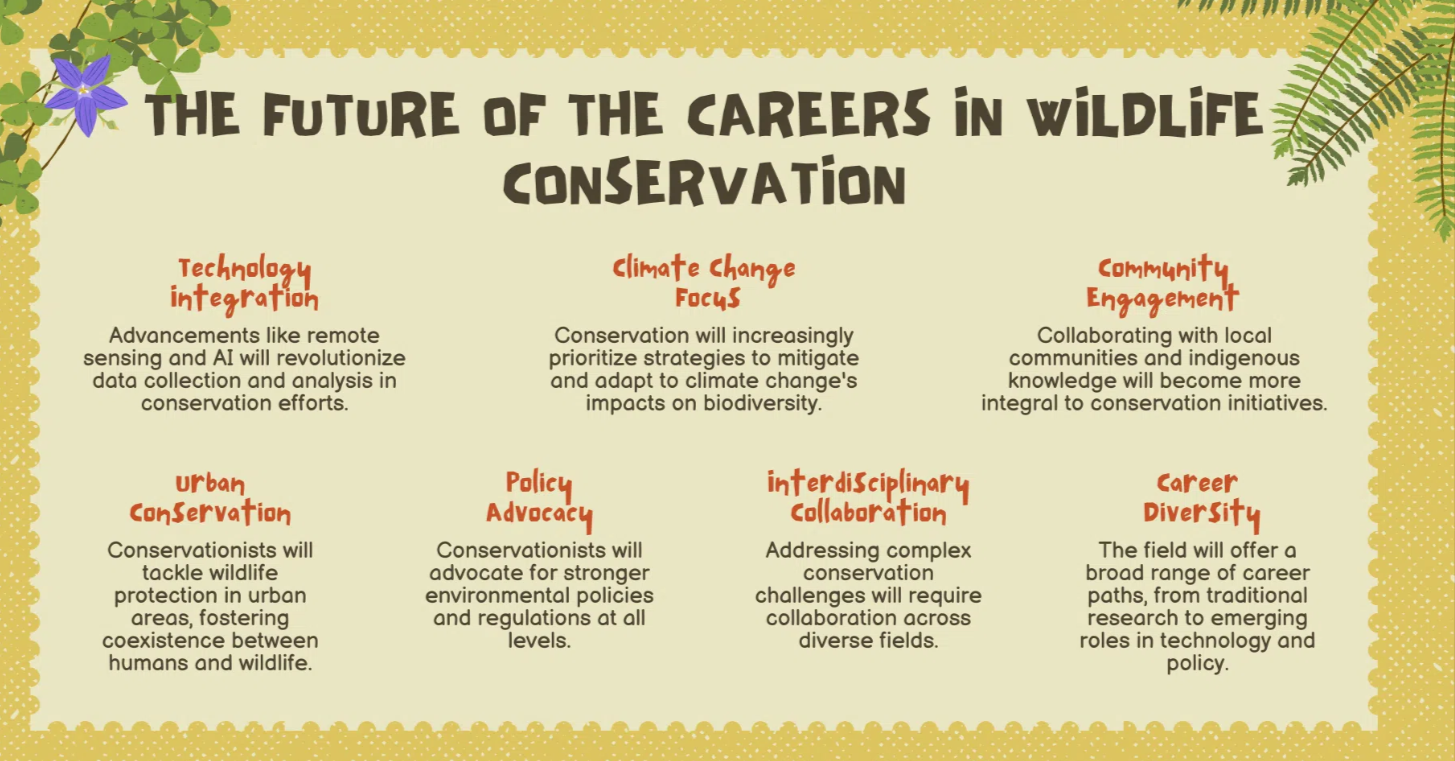How to Build a Career as a Professional Translator

As businesses, governments, and individuals communicate in a variety of languages, the need for professional translators has never been greater, as we live in an increasingly interconnected world. Translation as a Career – Translation is a rewarding career that lets you work in all fields whether it is legal, medical, entertainment, or internationalisation.
If you love language and attention to detail, professional translator may be the right career for you. This guide will provide you with the tools you need to have a successful career as a translator, from qualifications to skills to jobs to advice on how to make it last.
The Role of a Translator
A professional translating translates written text from one language to another while preserving its meaning, tone, and style. Unlike interpreters, who translate spoken language as it happens, translators deal with written material, including books, legal documents, marketing materials, websites and subtitles for films or television shows.
Translators need to understand both the source and target language very well, including grammar, cultural nuances, and industry-specific jargon. They require strong research and writing skills to ensure that their translations are accurate and well-structured.
Essential Skills for a Successful Translator
Here are the skills and abilities you need to grow as a professional translator.
1. Language Proficiency
- Fluency in at least two languages (local and foreign).
- Have a profound understanding of grammar, syntax, and idioms for both languages.
- Fluency in both languages, both reading and writing at a professional level.
2. Cultural Knowledge
- Understanding of cultural variances and expressions that might not translate well.
- To guarantee appropriate interpretations, one must be aware of the historical and social background of both languages.
3. Skills of Analysis and Research
- Capable of investigating field-specific terminology and ideas.
- Attention to detail is crucial to ensure accuracy.
4. Writing and Editing Skills
- You are also fluent in the native language of your target audience.
- Editing skills to ensure that translated content is correct.
5. Time Management and Discipline
- Ability to meet deadlines when working on several projects.
- Self-discipline as a full-time freelance translator with no one else setting your deadlines.
6. Technical Skills
- Experience with CAT (Computer-Assisted Translation) tools like SDL Trados or MemoQ.
- Basic understanding of formatting and word-processing applications like Microsoft Word, Google Docs, and Adobe Acrobat.
Certifications and Educational Background
There are no formal education requirements to become a translator, although some credentials can enhance your professional reputation and employability.
1. Obtain a Relevant Degree
Do you have a degree in any of the following fields?
- Translation or Interpreting
- Linguistics
- Foreign Languages
- Literature or Journalism
If you already possess expertise in another field (medicine/law/engineering), you can also specialize in documents related to that industry.
2. Earn Certifications
Certifications can add to your qualifications and credibility. Here are some of the most recognized certification programs:
- American Translators Association (ATA) certification — Valid in the U.S. and internationally.
- Chartered Institute of Linguists (CIOL) Certification – Established in the UK and Europe.
- DPSI (Diploma in Public Service Interpreting) – Somewhat useful for translators working with public service sectors.
- Diploma of Spanish as a Foreign Language (DELE) — for Spanish language translators.
Such certifications not only showcase your language proficiency and the ability to translate professionally but they also open up the possibility for well-paying jobs.
Gaining Experience as a Translator
For all these reasons, you have to gain experience in the core activity you will be doing before you then apply for a fulltime job. Here’s how you can start:
1. Volunteer Work
Countless organizations and NGOs are in need of translators, but can not afford to hire professionals. And as you can imagine, volunteering for these organizations will help you build your portfolio and gain some real-world experience. There are websites that you can apply for articulated translation jobs for humanitarian projects, e.g. Translators Without Borders
2. Freelance Work
Beginning as a freelance translator enables you to acquire experience while performing still, in your own time. Websites like Upwork, Fiverr, ProZ. com tuck translators and clients around the world.
3. Internships
Translation internships Some companies and media/publishing houses offer internships in translation.
4. Create a Portfolio
Have a portfolio of your best translation work. It would also be good to add samples from other industries, showing that you are versatile and an expert in your fields. A good portfolio can help you get clients or full-time jobs.
Exploring Job Opportunities in Translation
Once you gather some experience, you can find many job options for translation:
1. Work for a Translation Agency
This is one of the reasons most companies tend to hire translators through agencies. One of the benefits of working with an agency is the steady supply of work — and the ability to work with seasoned professionals.
2. Become an In-House Translator
Full-time translators are hired by large corporations, law firms, government agencies and media organizations to translate internal documents, marketing materials and legal papers.
3. Freelance and Remote Work
Most translators work on their own. Freelancing refers to working independently on various projects for different clients, determining your rates and volume of work. This option allows for great flexibility but requires strong sales and networking skills.
4. Specialize in a Niche
Focusing on a particular sector can help you earn more. Common niches include:
- Legal Translation – Translation of contracts, court documents or other legal agreements,
- Medical Translation – Translating pharmaceutical documents, patient records, and medical reports.
- Technical Translation – Manual, engineering docs, and scientific papers
- Finance Translation – Handling programs in the industry, banking, accounting, and investment.
- Literary Translation– Translating books, poetry, and literary works.
How to Advance your Career as a Translator
Once you gain a foothold in the industry, though, you can pursue career advancement in several ways.
1. Continuous Learning
- Languages change, new terms pop up in the industries. Stay updated by:
- These can be advanced language courses.
- Going to translation workshops and conferences.
- Doing reading of books and research papers from your specialty.
2. Networking
Join your Fellow Translators and other Professionals on:
- LinkedIn groups
- Professional associations such as ATA and CIOL
- Translation meetups and industry events
Networking could lead you to job openings, project collaborations, and updates about trends in your field.
3. IMPROVE MARKETING AND BRANDING
If you are a freelancer, you need to have a professional online presence. Consider:
- Building a website that details your services and portfolio.
- Interaction with potential customers via social media
- Providing free content -- like blog posts -- to prove expertise
4. Expanding Language Pairs
Knowing other languages can broaden career opportunities. If you currently translate from English to Spanish, say, learning French or German can expand your roster of clients.
5. Offering Additional Services
To boost your income, consider offering more types of services such as:
- Transcription
- Subtitling and captioning
- Localization (modifying content to suit specific regions)
- Proofreading and editing of translated texts
Final Thoughts
Professional translator training requires such commitment, a command of The Languages, plus an appetite for ongoing study. This article shows how to build your career in a way which leads you to be successful by training on data till October 2023.
Working for a company, a translation agency, or freelancing, translation brings a wide variety of paths. If you love languages and take great care to be accurate in your translations, this career can be both rewarding and lucrative.



